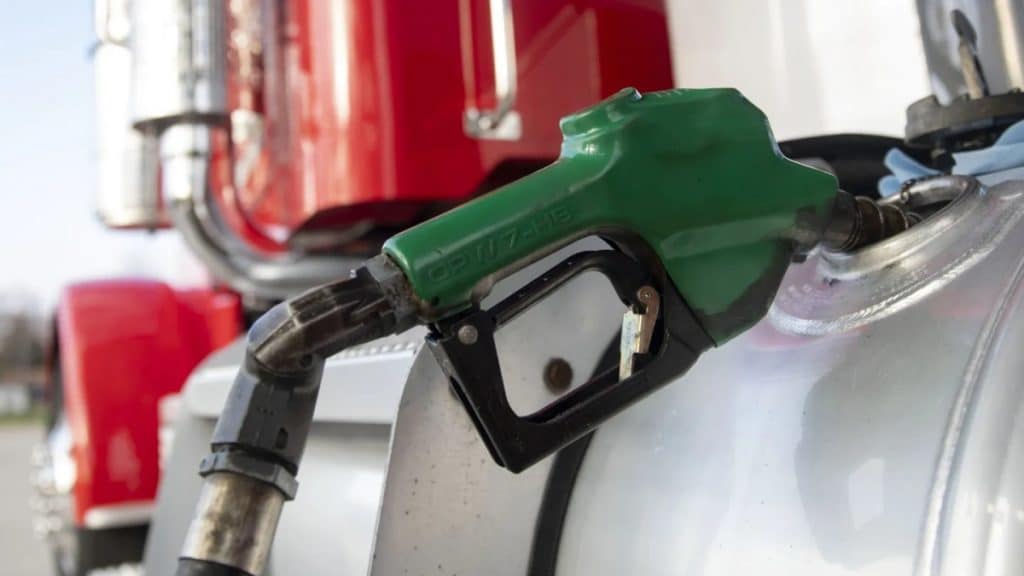The right fuel monitoring system can help bring down your fleet’s mileage by 10% to 30%. Making this amount of difference can have a significant impact on your business’ bottom line. However, the benefits of choosing the right system go beyond and offer cost savings in many different areas. These include reduced fuel costs as well as maintenance costs.
Explore the different ways in which implementing the right fuel monitoring system can help your operations and business.
Route Optimization & Mileage Reduction
Choosing the right fuel monitoring system can help optimize your fleet routes. It can provide you access to data so that you can make appropriate route changes. These associated benefits include:
- Following the most efficient paths
- Avoiding traffic congestion
- Reducing avoidable mileage
Besides helping save fuel, this can also minimize wear and tear on your trucks. This can further contribute to increasing your savings over the long run.
Improving Preventative Maintenance
Preventative fleet maintenance is about taking proactive steps to ensure your vehicles stay in great condition. An effective fuel monitoring system has an important role to play in improving preventative maintenance. Quality preventative maintenance measures further contribute to enhancing your fleet’s efficiency and longevity.
The system keeps track of your fuel usage. This helps in identifying potential problems before they turn into major issues. This helps save time, resources, and money. When the system detects abnormalities in fuel consumption and system functioning, it can alert fleet managers. These irregularities are often caused by mechanical issues.
When such issues get fixed swiftly, you can prevent costly repairs. It can also help extend your vehicles’ service life. Additionally, this approach ensures your fleet runs efficiently. This further contributes to reduced downtime. A greater percentage of your fleet will, thus, spend less time in the workshop for repairs and more time on the road.
Improved Data Accuracy
With the use of advanced fuel monitoring systems, such as those involving the escort fuel sensor, the potential for errors gets significantly minimized. The primary objective of these systems is to gather data in the real time. This means you can rest assured the data received is highly accurate.
In order to understand the importance of this fuel sensor, it is important to know about its operational principle. This includes:
- The fuel level sensor is installed in a tank that collects data from fuel drains.
- The fuel level readings get transmitted through a GPS or Glonass tracker. This tracker is a data-receiving and transmitting system that sends out data on your vehicle’s real-time geolocation to a service for processing.
- The system transmits data through GSM.
- Fleet managers will receive the data on their mobile devices or computers.
Improved Driver Supervision
Another area that such a fuel monitoring system can benefit your business is driver supervision. Drivers that engage in hard acceleration, idling, braking, or cornering cause extra fuel consumption. Access to better fuel management reports can thus help you differentiate good drivers from bad ones.
Access to Valuable Reports
Besides accurate data collection, these systems provide information in a more comprehensible format. The reports provide fleet managers with a better overview of their fleet’s operations. Such information enables you to make your fleet operations more resource and budget-friendly.
Increased Business Profitability
When it comes to running a fleet-run business, productivity can increase when operational costs can be minimized at any level. Effective fuel management can play the biggest role in this area. You will get a clearer view of fuel consumption and create better ways to minimize it. This can help increase your business’ profit margins.
Conclusion
Thus, there are different ways that an effective fuel monitoring system can help reduce costs and increase profits. When the right fuel management systems are implemented, your fuel consumption costs will naturally come down. As fleet managers get a clear view of the way the resources are used, it becomes much easier to reduce wastage.
Minimizing or eliminating fuel pilferage is another area where you can benefit from investing in advanced fuel monitoring systems. Instant alerts during suspicious fuel level changes can help detect fuel theft. Thus, your fleet operations can benefit significantly from investing in fuel monitoring systems.

